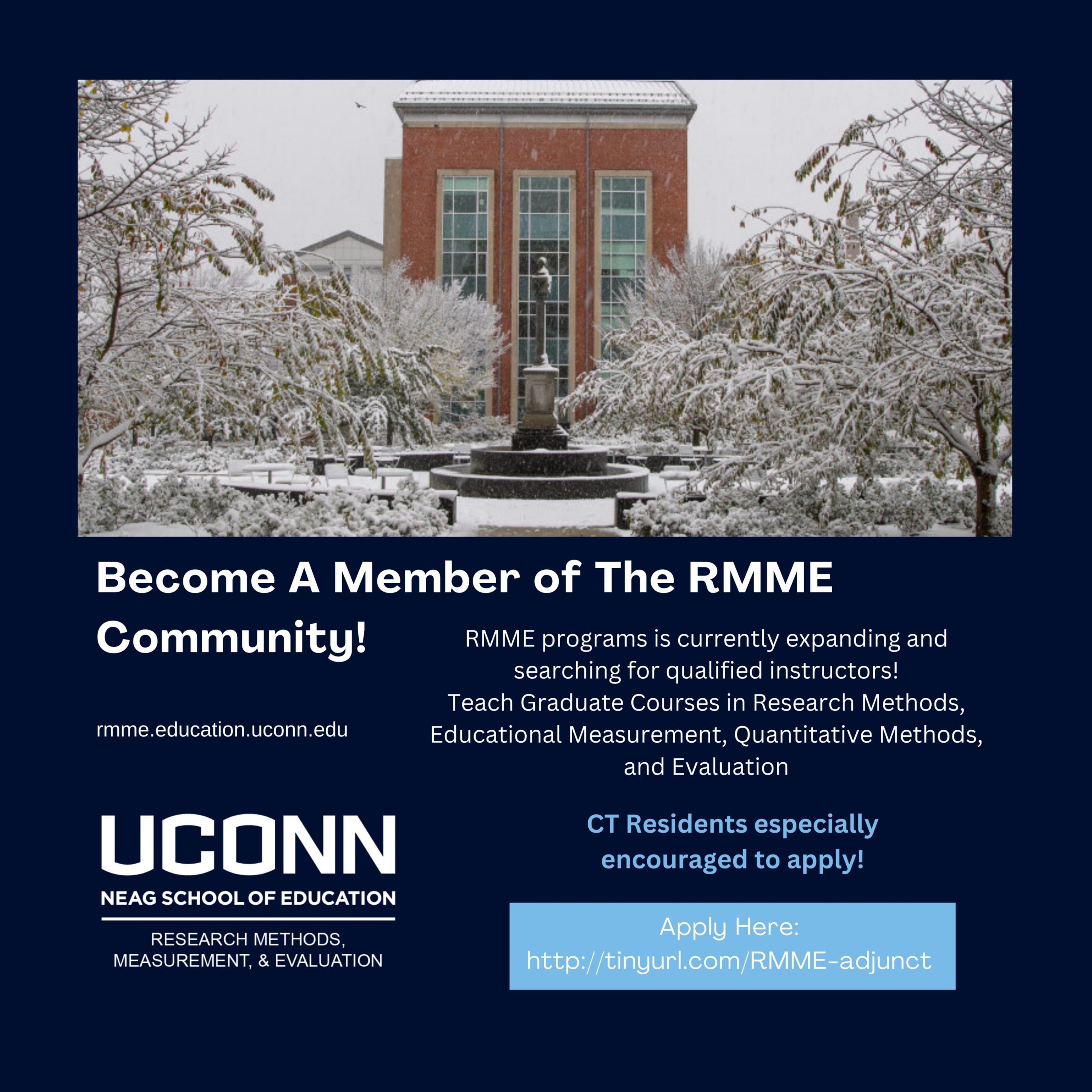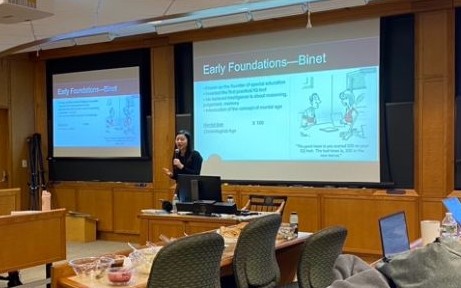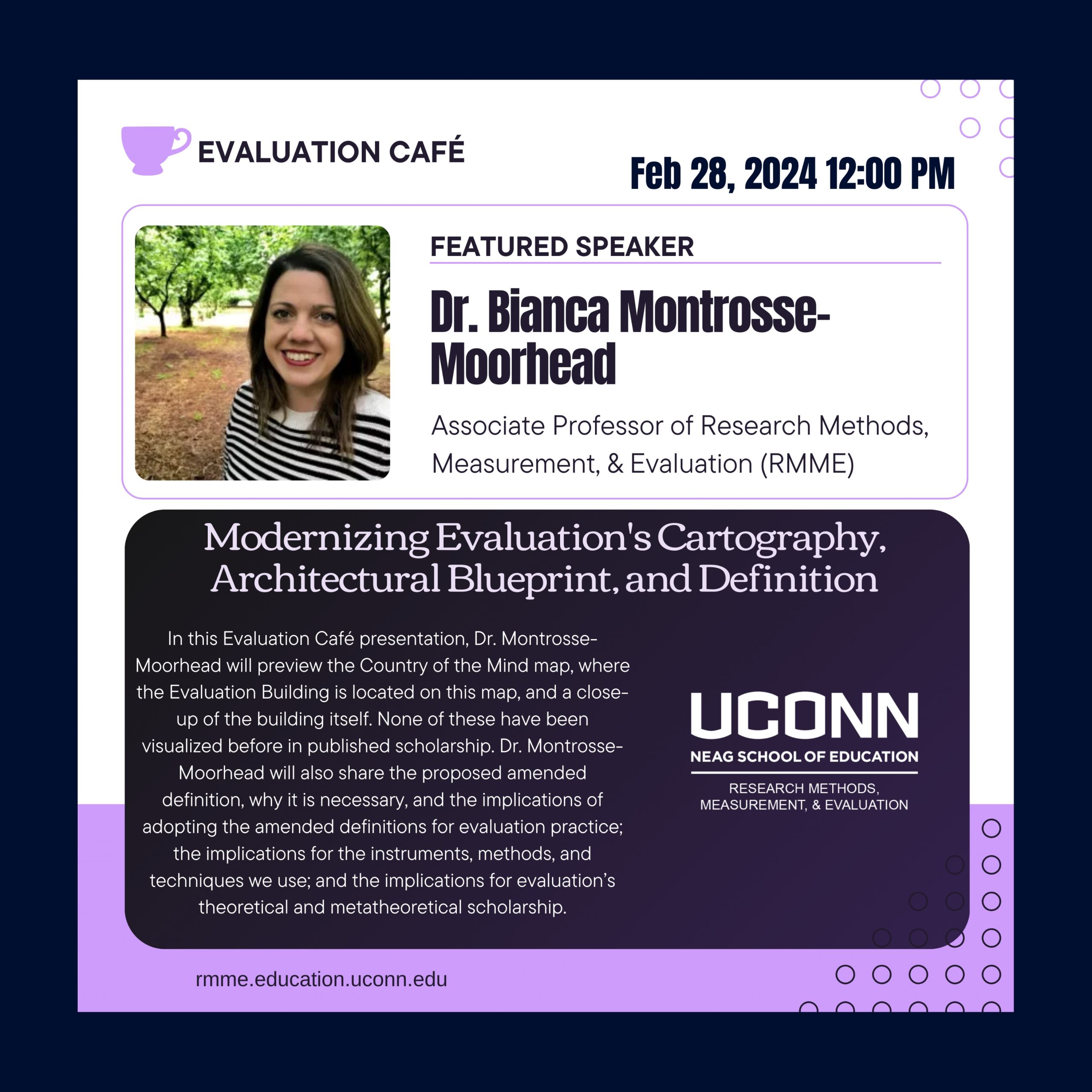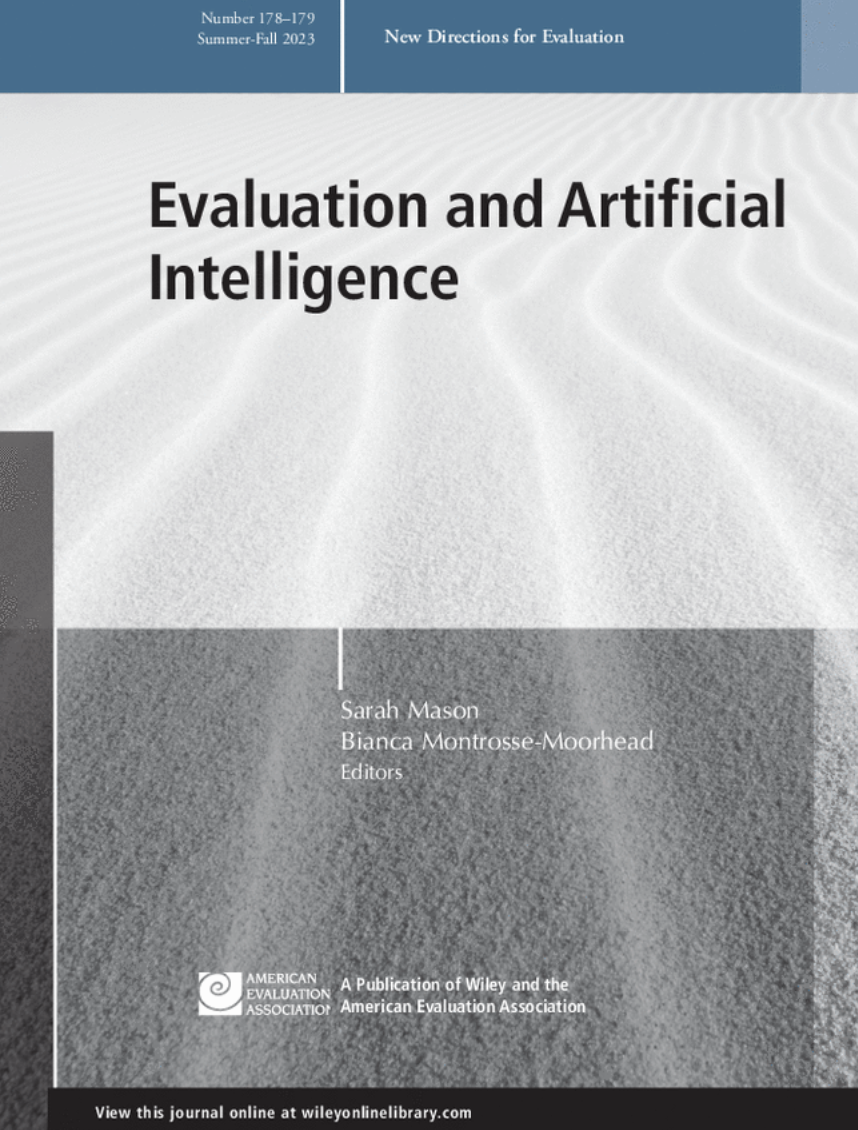RMME/STAT Joint Colloquium
In Defense of Unrestricted Spatial Regression
Dr. Dale Zimmerman
University of Iowa
Friday, April 12, at 11AM ET
AUST 202
http://tinyurl.com/rmme-Zimmerman
Spatial regression is commonly used in the environmental, social, and other sciences to study relationships between spatially referenced data and other variables, and to predict variables at locations where they are not observed. Spatial confounding, i.e., collinearity between fixed effects and random effects in a spatial regression model, can adversely affect estimates of the fixed effects, and it has been argued that something ought to be done to “fix” it. Restricted spatial regression methods have been proposed as a remedy for spatial confounding. Such methods replace inference for the fixed effects of the original spatial regression model with inference for those effects under a model in which the random effects are restricted to a subspace orthogonal to the column space of the fixed effects model matrix; thus, they “deconfound” the two types of effects. We prove, however, using classical linear model theory, that frequentist inference for the fixed effects of a deconfounded linear model is generally inferior to that for the fixed effects of the original spatial linear model; in fact, it is even inferior to inference for the corresponding nonspatial model (i.e., inference based on ordinary least squares). We show further that deconfounding also leads to inferior predictive inferences. Based on these results, we argue against the use of restricted spatial regression, in favor of plain old (unrestricted) spatial regression. This is joint work with Jay Ver Hoef of NOAA National Marine Mammal Laboratory and was published in 2022 in The American Statistician.
